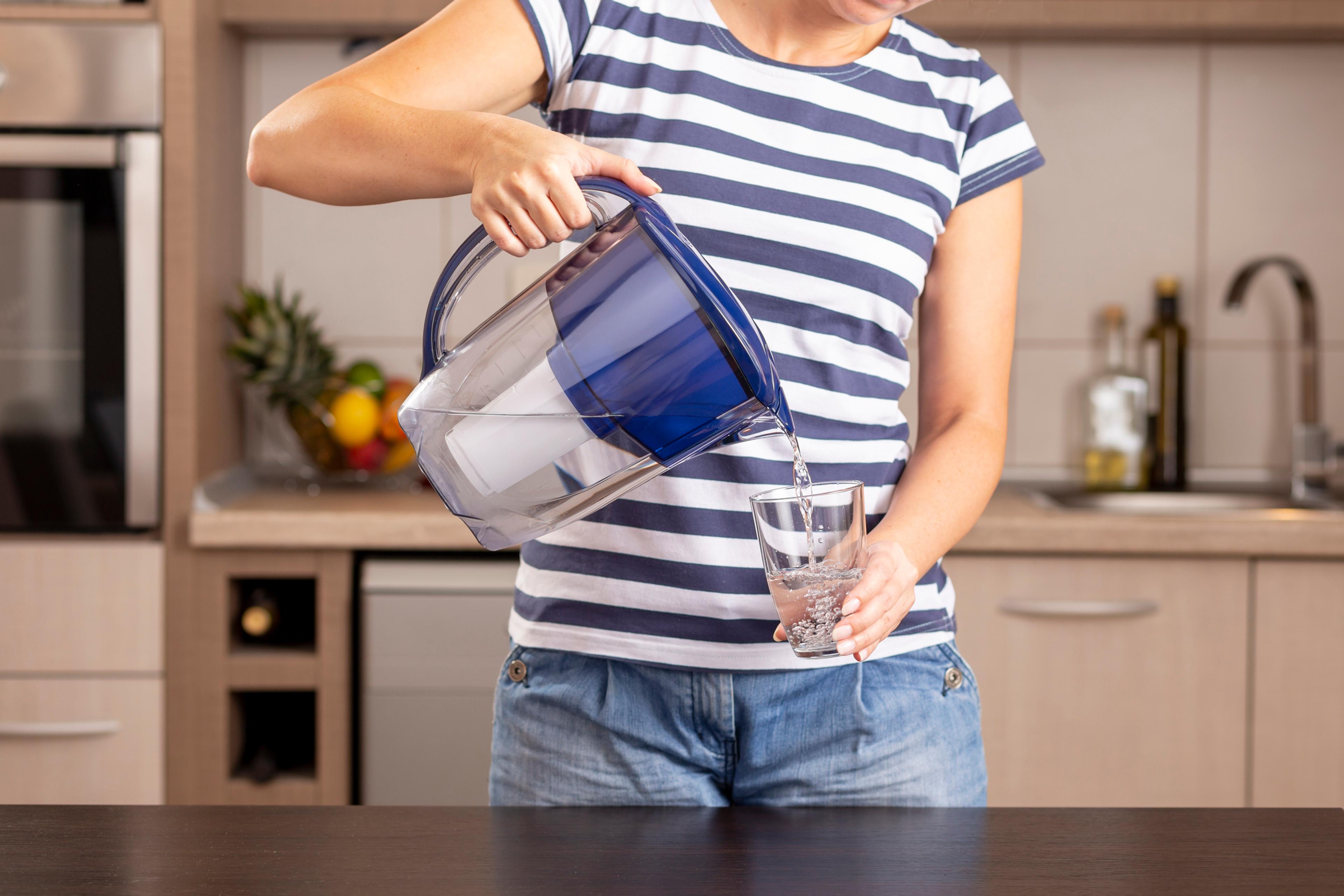Easy Ways to Reduce Exposure to Microplastics
A Healthier Michigan
| 2 min read


Medically reviewed by Shanthi Appelo, MS, RD
Microplastics are small plastic pieces that result from the breakdown of larger plastics in the environment. They’re often referred to as a pollutant and have been found to be harmful to the environment and animal health. While not all the effects of microplastic on the human body are known, microplastics have been linked to potential health issues for humans in recent studies on microplastics exposure.
Americans on average consume between 75,000 and 120,000 microplastic particles a year, primarily through ingesting microplastics in air, food and water sources, according to a 2019 study in Environmental Science & Technology.
Reduce exposure to microplastics in the air
The majority of microplastics ingested by Americans are airborne, according to a 2023 study in Environment & Health. Most of these microplastics enter the atmosphere from the roads and road transportation. Some ways you can reduce your exposure to airborne microplastic particles include:
- Dust and vacuum regularly
- Use air filters or purifiers
- Always wear respiratory masks when working around dust, airborne particles, and roadways
- Stop smoking and vaping
Reduce exposure to microplastics through water
If your primary source of water intake is through plastic, bottled water, you are likely to ingest up to 90,000 additional microplastic particles each year on top of the average for Americans, according to the 2019 Environmental Science & Technology study. Easy ways to reduce your exposure to microplastics through the water you drink and cook with include:
- Use glass or steel water bottles
- Filter your tap water
Reduce exposure to microplastics through foods and packaging
Another major source of microplastic ingestion is through contaminated foods and plastic food packaging. How you store, seal, and transport your food and beverages matters for reducing your microplastic consumption. Here are some easy ways to reduce the potential amounts of microplastic particles that you ingest through your food and beverages when possible:
- Don’t microwave foods in plastic packaging
- Use a travel coffee mug or cup instead of disposable plastic cups
- Use steel or any non-plastic ice cube trays
- Use paper, wax paper, or foil to wrap foods for storage instead of plastic wrap
- Use paper or cloth reusable shopping bags
- Use steel wool, cloth, fiber brushes or natural sponges instead of plastic sponges and brushes





